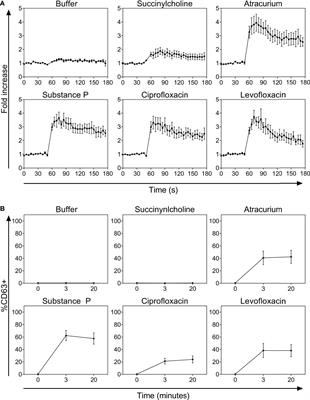EDITORIAL
Published on 13 Oct 2021
Editorial: The Role of Mast Cells in Immediate Hypersensitivity Reactions
doi 10.3389/fimmu.2021.780829
- 2,770 views
- 1 citation
17k
Total downloads
71k
Total views and downloads
EDITORIAL
Published on 13 Oct 2021
ORIGINAL RESEARCH
Published on 07 Sep 2021

ORIGINAL RESEARCH
Published on 27 Jul 2021

CASE REPORT
Published on 15 Jul 2021

ORIGINAL RESEARCH
Published on 25 May 2021

ORIGINAL RESEARCH
Published on 03 May 2021

ORIGINAL RESEARCH
Published on 29 Apr 2021

ORIGINAL RESEARCH
Published on 22 Apr 2021

CASE REPORT
Published on 16 Mar 2021

ORIGINAL RESEARCH
Published on 15 Mar 2021

CASE REPORT
Published on 02 Mar 2021

ORIGINAL RESEARCH
Published on 19 Feb 2021
